
The Kashmir Great Lakes : Best Himalayan Adventure
The Kashmir Great Lakes trek is a popular destination among adventure enthusiasts and nature lovers from all over the world. The trek covers a distance of approximately 63 kilometers and takes you through some of the most breathtaking landscapes in the Himalayas. The trek offers stunning views of seven alpine lakes, each with its unique charm, as well as snow-capped peaks, dense forests, and meadows filled with wildflowers.
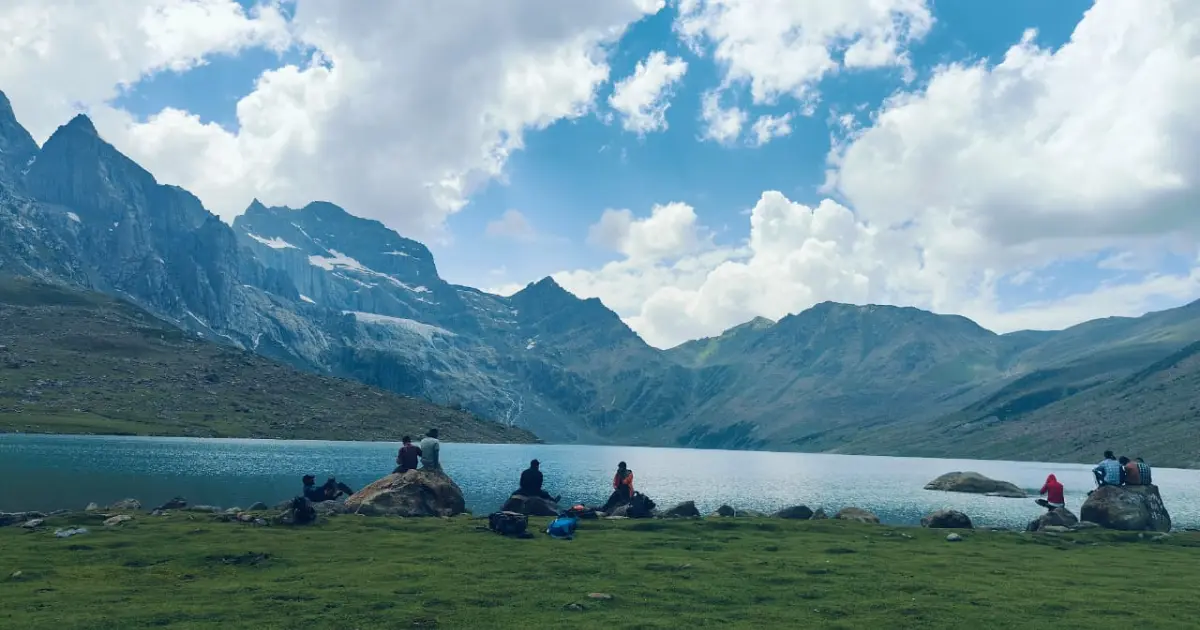
The trek starts from the small village of Shitkadi, which is located about 75 kilometers from Srinagar. From there, you will make your way to Nichnai Pass, which is the first high-altitude pass on the trek. The pass is located at an altitude of approximately 13,500 feet and offers stunning views of the surrounding peaks and valleys.
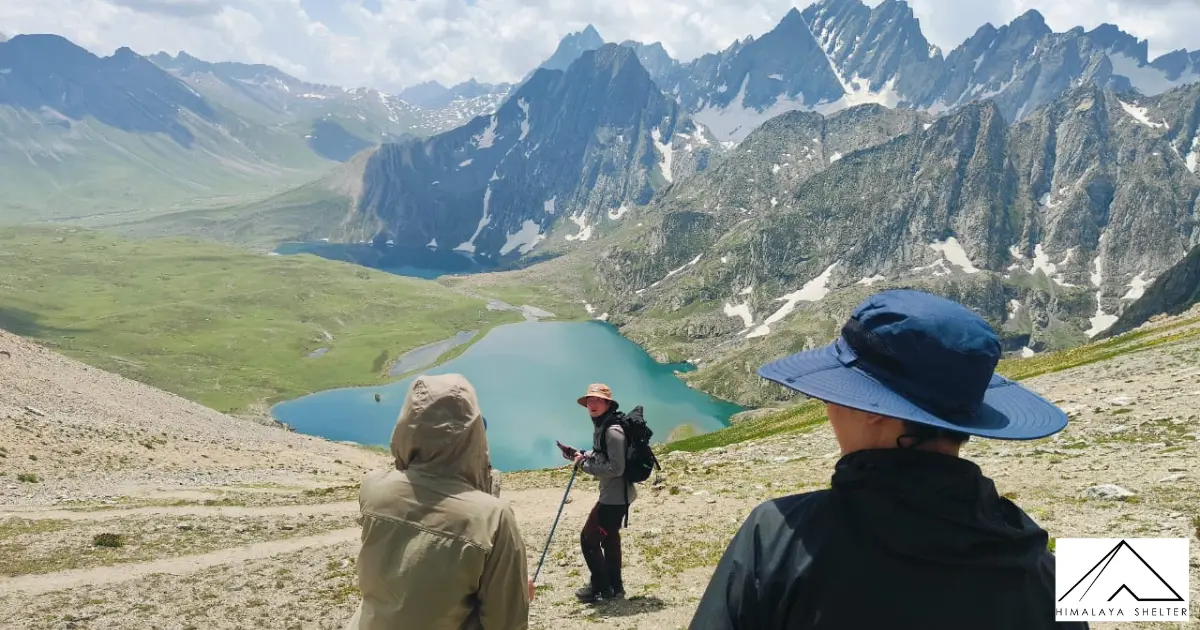
From Nichnai Pass, the trek takes you through a dense forest of pine and maple trees to the Vishansar Lake, which is the first of the seven lakes on the trek. The lake is surrounded by towering peaks and is a popular spot for camping.
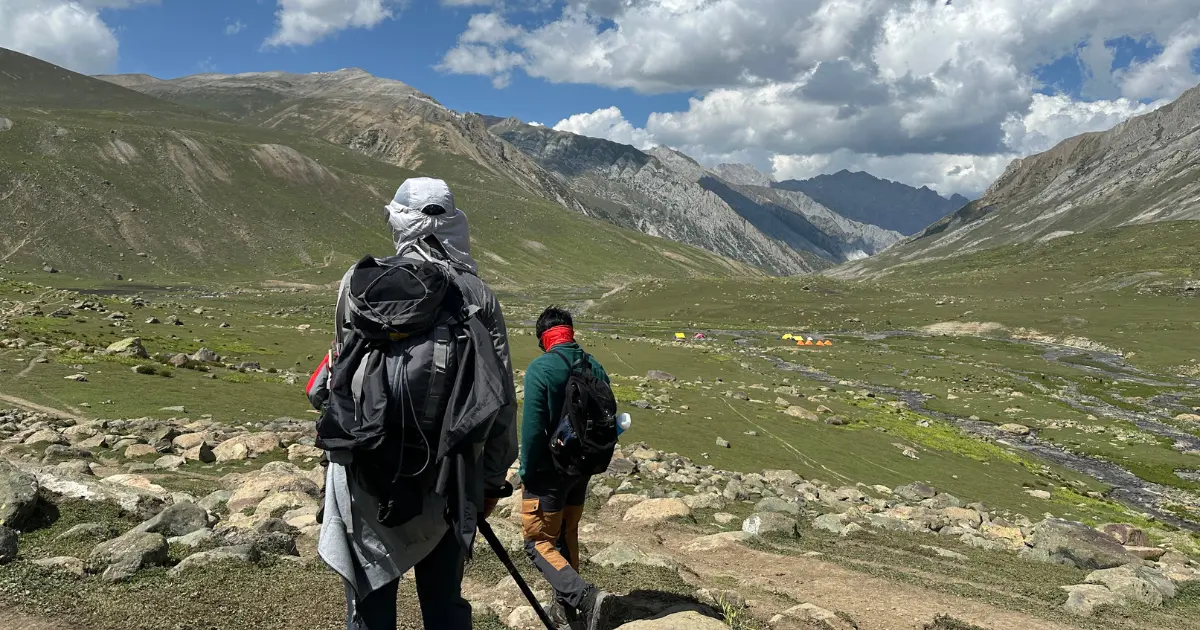
The trek then takes you through several other high-altitude passes, including the Gadsar Pass, which is located at an altitude of approximately 13,750 feet, and the Satsar Pass, which is located at an altitude of approximately 13,000 feet. Each pass offers stunning views of the surrounding landscapes and is a testament to the raw beauty of the Himalayas.
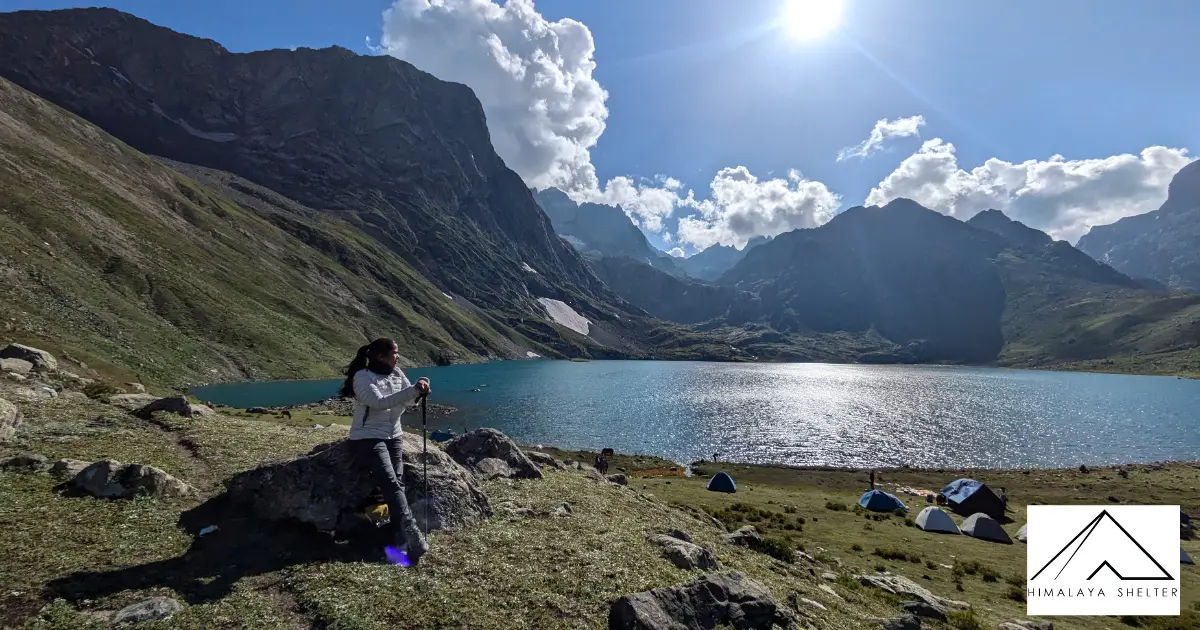
One of the highlights of the trek is Gangbal Lake, which is the largest and most beautiful of the seven lakes on the trek. The lake is surrounded by snow-capped peaks and is a popular spot for camping and fishing.

The Kashmir Great Lakes trek is challenging and requires a good level of fitness and endurance. The trek involves long days of hiking, with steep ascents and descents, and can be challenging for those who are not accustomed to high-altitude trekking.
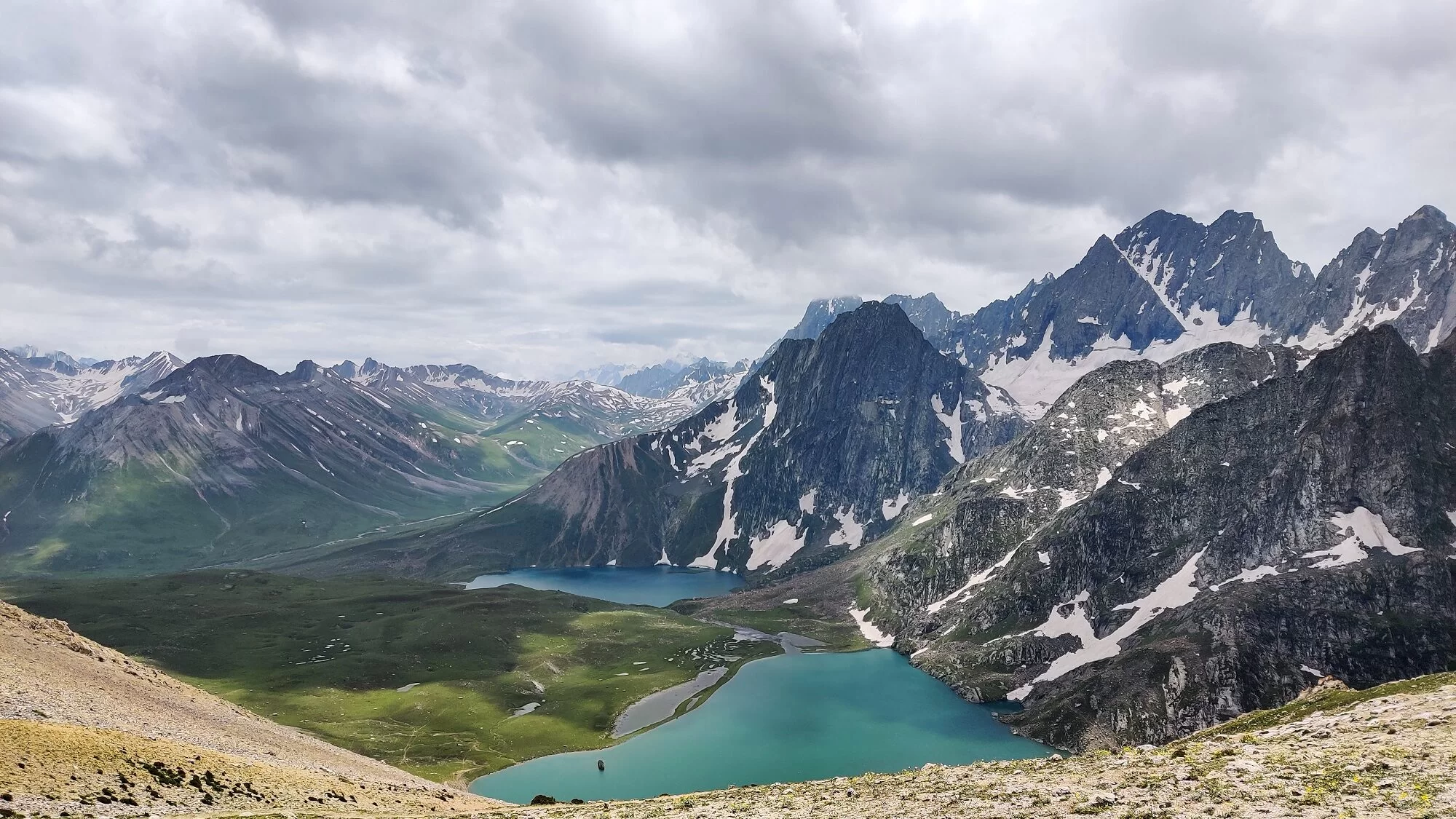
To ensure a safe and comfortable journey, it is important to carry the right gear and equipment. Some of the essential items to carry on the trek include a good-quality backpack, trekking shoes, warm clothing, a sleeping bag, trekking poles, a headlamp or flashlight, water bottles, and a first-aid kit.
Itinerary
Day 1: Arrival in Srinagar, transfer to Sonamarg:
On the first day, you will arrive in Srinagar, the capital city of Jammu and Kashmir. You will be greeted at the airport and driven to the picturesque town of Sonamarg, located about 80 kilometers away. The drive takes about 3-4 hours and offers stunning views of the countryside. Sonamarg is a popular tourist destination known for its beautiful meadows, snow-capped mountains, and glistening glaciers. You will check in at a hotel or guesthouse in Sonamarg and rest for the day to acclimatize to the high altitude.
Day 2: Trek from Sonamarg to Shitkadi:
On the second day, you will begin your trek to the Great Lakes. After breakfast, you will start the trek from Sonamarg and make your way through lush green meadows and dense forests. The trail is about 7 kilometers long and takes around 4-5 hours to complete. You will cross a gushing stream and climb uphill to reach the campsite at Shitkadi. The campsite is located at an altitude of 3,500 meters and offers stunning views of the surrounding mountains.
Day 3: Trek from Shitkadi to Nichnai Pass:
On the third day, you will trek from Shitkadi to Nichnai Pass, which is located at an altitude of 4,080 meters. The trek is about 11 kilometers long and takes around 6-7 hours to complete. You will trek through dense forests and meadows, enjoying the natural beauty around you. The ascent to Nichnai Pass is steep, but the views of the Gangabal Lake and the Harmukh Peak from the pass are worth the effort. You will spend the night at a campsite near the pass, which offers stunning views of the surrounding landscape.
Day 4: Trek from Nichnai Pass to Gangabal Lake:
On the fourth day, you will trek from Nichnai Pass to Gangabal Lake, the largest lake in the Kashmir Great Lakes. The trek is about 10 kilometers long and takes around 6-7 hours to complete. The trail is mostly flat, but you will have to cross a rocky terrain to reach the lake. The lake is located at an altitude of 3,570 meters and is surrounded by snow-capped mountains. The campsite is located on the banks of the lake, and you can spend the evening exploring the area around the lake.
Day 5: Trek from Gangabal Lake to Nandkol Lake via Zach Pass:
On the fifth day, you will trek from Gangabal Lake to Nandkol Lake via Zach Pass. The trek is about 12 kilometers long and takes around 7-8 hours to complete. You will climb uphill to reach Zach Pass, which is located at an altitude of 4,100 meters. The views of the Harmukh Peak from the past are breathtaking. You will then descend to Nandkol Lake, which is located at the foot of a glacier. The lake is surrounded by snow-capped mountains, and the campsite is located on the banks of the lake.
Day 6: Trek from Nandkol Lake to Satsar Lakes:
On the sixth day, you will trek from Nandkol Lake to Satsar Lakes, which are a group of seven alpine lakes located at an altitude of 3,800 meters. The trek is about 10 kilometers long and takes around 6-7 hours to complete. The trail is steep and rocky, but the views of the lakes and the surrounding mountains are stunning. You will pass through dense forests and meadows before reaching the campsite at the Satsar Lakes. The campsite is located on the banks of one of the lakes and offers beautiful views of the surrounding landscape.
Day 7: Trek from Satsar Lakes to Gangbal Lake:
On the seventh day, you will trek back to Gangbal Lake, which is located about 12 kilometers away. The trek takes around 7-8 hours to complete and includes a steep ascent to reach the Zach Pass. From the pass, you will descend to Gangbal Lake, where you will spend the night at the same campsite as before.
Day 8: Trek from Gangbal Lake to Naranag, drive to Srinagar:
On the eighth and final day of the trek, you will trek from Gangbal Lake to Naranag, a small village located about 12 kilometers away. The trek takes around 5-6 hours to complete and includes a steep descent from the lake. Once you reach Naranag, you will be picked up by a car and driven back to Srinagar. You will reach Srinagar by evening and spend the night at a hotel or guesthouse.
Things to carry:
If you are planning to embark on the Kashmir Great Lakes trek, it is essential to pack the right gear and equipment to ensure a safe and comfortable journey. Here are some of the things that you should carry with you on the trek:
- Backpack: A good quality backpack is essential to carry all your gear and equipment. A backpack with a capacity of at least 50-60 liters is recommended.
- Trekking shoes: Good quality trekking shoes with ankle support and a sturdy sole are essential to tackle the rocky terrain. It is important to wear comfortable and well-fitting shoes to avoid blisters and injuries.
- Warm clothing: The temperature can drop significantly at higher altitudes, so it is important to carry warm clothing such as thermal innerwear, fleece jackets, and a down jacket. A waterproof and windproof jacket and pants are also essential to protect you from rain and snow.
- Sleeping bag: A good quality sleeping bag that can withstand sub-zero temperatures is essential for camping at higher altitudes.
- Trekking poles: Trekking poles can provide additional support and stability on uneven terrain and reduce the strain on your knees.
- Headlamp or flashlight: A headlamp or flashlight is essential for navigating in the dark, especially during early morning treks or while camping.
- Water bottles and hydration system: It is important to stay hydrated during the trek, so carry at least 2 litres of water with you. A hydration system such as a camelback can be useful as it allows you to drink water on the go.
- First-aid kit: A basic first-aid kit with essential items such as bandages, antiseptic ointment, painkillers, and blister pads is essential for any trek.
- Sun protection: The sun’s rays can be intense at higher altitudes, so carry sunscreen, sunglasses, and a hat to protect yourself from the sun.
- Personal toiletries: Carry basic toiletries such as a toothbrush, toothpaste, hand sanitiser, and wet wipes to maintain hygiene during the trek.
It is important to pack light and carry only the essential items to avoid unnecessary weight on your back. Additionally, check the weather forecast and pack accordingly to ensure that you are prepared for any weather conditions.
Permits required:
The trek is located in the restricted area of the Naranag Forest and requires permission from the Forest Department. Here’s a breakdown of the permits required for the trek:
- Inner line permit: Indian nationals require an Inner Line Permit (ILP) to visit the restricted areas of Kashmir, including the Naranag Forest. The ILP can be obtained online or from the designated authorities in Srinagar.
- Protected area permit: Foreign nationals require a Protected Area Permit (PAP) to visit the restricted areas of Kashmir, including the Naranag Forest. The PAP can be obtained from the Indian embassy or consulate in your country or the designated authorities in Srinagar.
- Trekking permit: A trekking permit is required to undertake the Kashmir Great Lakes trek. The permit can be obtained from the Forest Department in Srinagar. You will need to provide a copy of your ILP/PAP, passport details, and a medical fitness certificate to obtain the trekking permit.
It is important to obtain the necessary permits before starting the trek as failure to do so can result in fines or deportation. Additionally, ensure that you carry the permits with you at all times during the trek and present them to the authorities when requested.
Pricing:
The budget required for a trek to Kashmir’s Great Lakes can vary depending on several factors such as the duration of the trek, the number of people in the group, the level of comfort and luxury required, and the mode of transport chosen to reach the starting point of the trek.
Generally, the cost of the trek includes expenses such as transportation, accommodation, food, guide fees, permits, and equipment rental.
On average, a 7-8 day trek to Kashmir’s Great Lakes can cost anywhere between $400 to $1000 per person, depending on the factors mentioned above. This cost may also vary depending on whether you choose to go through a trekking company or plan the trek independently. It’s important to note that this is just a rough estimate, and the actual cost can be higher or lower depending on various factors. It’s always a good idea to research and plan your budget and make sure to factor in any unforeseen expenses as well.
Conclusion:
In conclusion, the Kashmir Great Lakes trek is a breathtaking and unforgettable experience that offers stunning views of the Himalayas, alpine lakes, and lush meadows. It’s a challenging trek that requires a moderate level of fitness and endurance, but the reward of witnessing the natural beauty of the region is well worth the effort.
While the trek can be done independently, it’s recommended to go through a reputable trekking company that provides experienced guides, necessary permits, and camping equipment. The budget required for the trek can vary depending on several factors, but on average, it can cost anywhere between $400 to $1000 per person. It’s important to plan and prepare adequately for the trek, including physical fitness, gear, and weather conditions. Respect for the environment, local culture, and traditions is essential, and trekkers should leave no trace and practice responsible tourism.
Overall, the Kashmir Great Lakes trek is a unique and unforgettable experience that offers a glimpse into the natural beauty and cultural richness of the Kashmir region. It’s a must-do for adventure enthusiasts and nature lovers who seek a challenging yet rewarding trekking experience.
About Author

Himalaya Shelter
Recent news
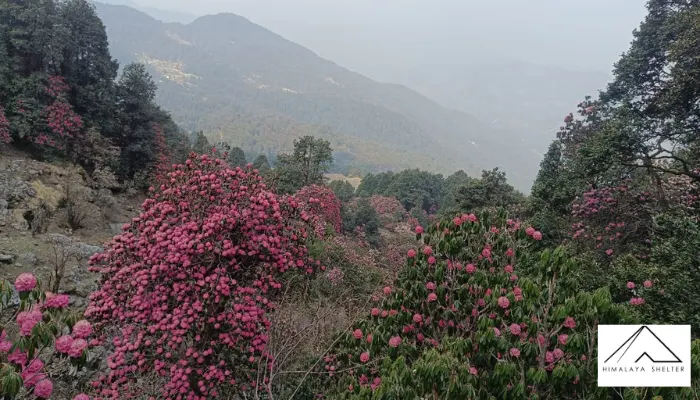
16 Feb 2026
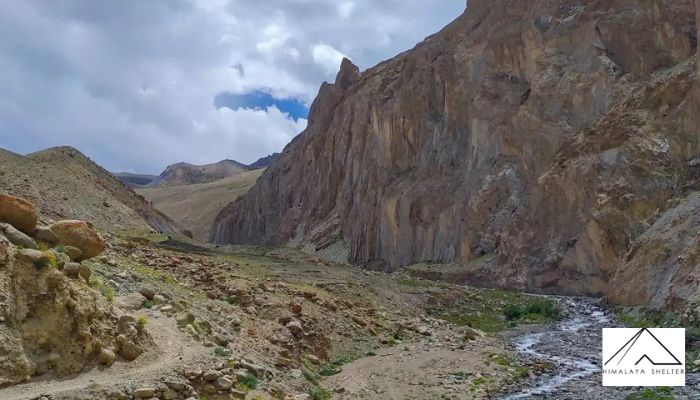
11 Feb 2026
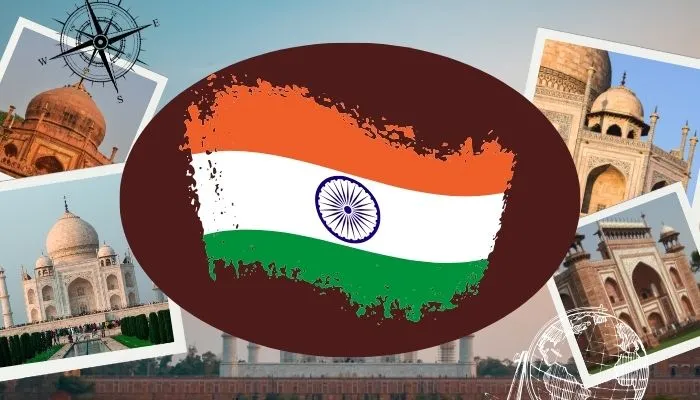
11 Feb 2026
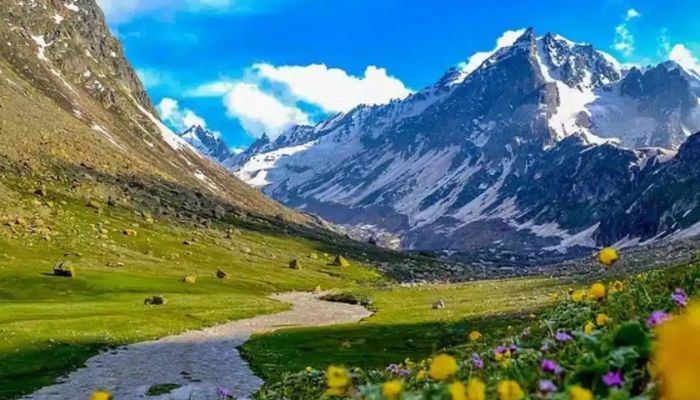
10 Feb 2026
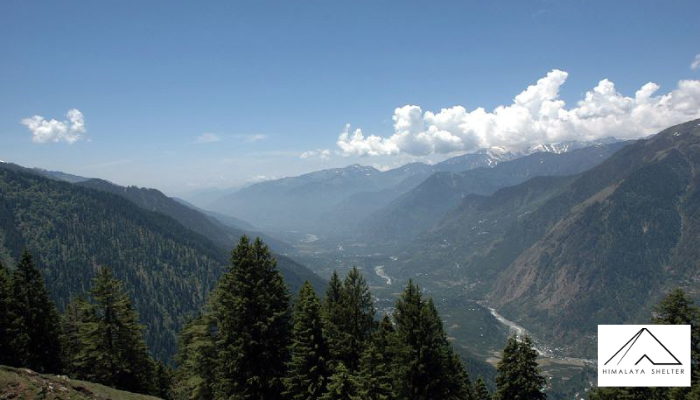
05 Feb 2026
Recommended Treks
